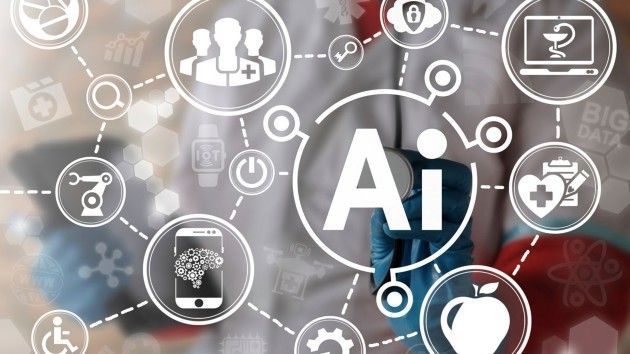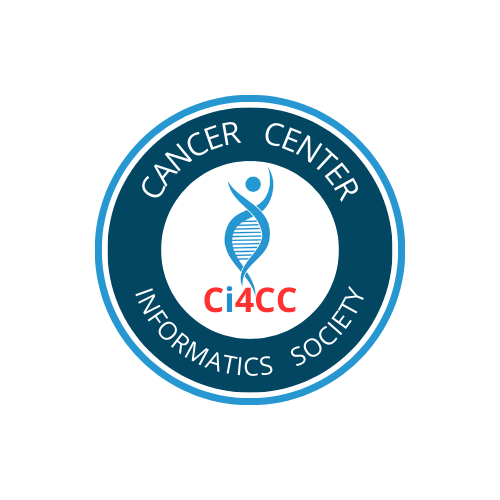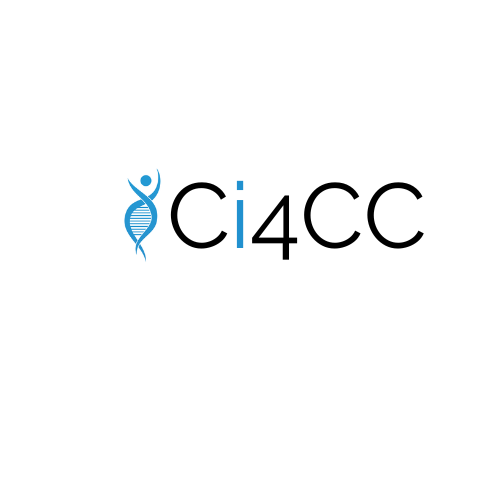Analysis and Visualization of Longitudinal Genomic and Clinical Data from the AACR Project GENIE Biopharma Collaborative in cBioPortal
International cancer registries make real-world genomic and clinical data available, but their joint analysis remains a challenge. AACR Project GENIE, an international cancer registry collecting data from 19 cancer centers, makes data from >130,000 patients publicly available through the cBioPortal for Cancer Genomics (https://genie.cbioportal.org). For 25,000 patients, additional real-world longitudinal clinical data, including treatment and outcome data, are being collected by the AACR Project GENIE Biopharma Collaborative using the PRISSMM data curation model. Several thousand of these cases are now also available in cBioPortal. We have significantly enhanced the functionalities of cBioPortal to support the visualization and analysis of this rich clinico-genomic linked dataset, as well as datasets generated by other centers and consortia. Examples of these enhancements include (i) visualization of the longitudinal clinical and genomic data at the patient level, including timelines for diagnoses, treatments, and outcomes; (ii) the ability to select samples based on treatment status, facilitating a comparison of molecular and clinical attributes between samples before and after a specific treatment; and (iii) survival analysis estimates based on individual treatment regimens received. Together, these features provide cBioPortal users with a toolkit to interactively investigate complex clinico-genomic data to generate hypotheses and make discoveries about the impact of specific genomic variants on prognosis and therapeutic sensitivities in cancer.
Share this Article with others
Caught in the crossfire: The critical threats facing cancer centers, research, and patient care. Shannon McWeeney PhD, & Sorena Nadaf-Rahrov MS, MMI
A recent Lancet study demonstrated that AI implementation led to a 29% increase in cancer detection, with no increase in false positives and a reduced workload compared to radiologists without AI assistance. While emerging evidence supports AI’s potential to enhance cancer detection in mammography screening and reduce screen-reading workload, further research is needed to fully understand its clinical impact.
Artificial intelligence to empower diagnosis of myelodysplastic syndromes by multiparametric flow cytometry

With heavy hearts, we remember and honor Brady Davis, whose sudden passing leaves an immense void. Brady was a devoted supporter and invaluable contributor to the Cancer Center Informatics Society, dedicating countless hours to advancing our mission and strengthening our community. His expertise, enthusiasm, and unwavering commitment shaped our initiatives and inspired everyone fortunate enough to work alongside him. Brady’s legacy will live on through the progress he championed and the connections he fostered. We extend our deepest sympathies to his family, friends, and all who knew him. He will be greatly missed. In honor of Brady’s legacy, Ci4CC will be forming a committee to explore meaningful ways to memorialize him within our society for years to come. We plan to announce the committee’s recommendations at our Spring Summit in San Diego, CA, on March 31, 2025. Please find his obituary here , and visit his memorial page on MyKeeper to leave a tribute. Support the Davis family in Brady’s memory via GoFundMe ---------- Cancer Center Informatics Society (Ci4CC) Sorena Nadaf-Rahrov & Warren Kibbe Co-Founders, Ci4CC
Leading Progress Against Cancer
By Drs Karen Knudsen & Othman Laraki.
Conversation with The Cancer Letter: NCI’s new chief data scientist Warren Kibbe tells us about efforts to get “AI-ready” - July 12, 2024




